“The day the compass spun…”
Eleanor’s eyes were bright, her knife and fork abandoned at either side of her china plate. “It was when we skied along that frozen river – Bob, you remember?”
They’d been hiking in Iceland, some hours away from Reykjavik, taking care to always keep their hire car in sight: winter had heralded a virtual white out and the American couple had barely any landmarks to act as reference points. Yet the trip had gone off without a hitch – until their flight in a tiny plane through a snowstorm in the dead of an Icelandic night.
“We were waiting in the airport,” Bob explained, his white beard and gold ringed fingers twitching as the Norwegian sea slipped silently past our table’s window, “When all of a sudden this German man comes up to me, whispering in my ear. ‘You are American, correct? In ten minutes, you follow me.’”
Bob leaned back in his chair, grinning. “It was like we were the only ones who were going to escape the storm! It felt conspiratorial – like something out of the war…”
A little backtrack: the beginning of life on a boat
A few days earlier on the docks of Edinburgh, I had stepped on board an expedition ship with a huge suitcase and felt my sense of self subtly shift. First and foremost, I was one of sixty odd passengers spending two weeks sailing from Scotland to Svalbard – but immediately afterward came the knowledge that I was the only person who hadn’t actively paid my way to be there.
Thanks to a competition win I felt bizarrely separate from the rest of the ship: a solo traveller in her late twenties amongst an almost exclusively middle aged and elderly group. People from Australia, Canada, the US and farther afield, all of whom had spent months, if not years, planning their journey to the Arctic.
As soon as passengers began to flock to the boat’s Panorama lounge, the introductions began.
“So Flora, why did you come on this trip by yourself?”
In exchange for explaining my backstory I began to hear theirs – and over the course of many mealtimes at shared tables I discovered that the ship contained an Arctic scientist and a figure skater; guesthouse owners and travel agents and avid sailors; a reiki healer and a transcriber of the stories of WWII veterans. Not to mention Bob’s past life as an ex-FBI agent who used to work on the bomb squad.
Yet despite such varied backgrounds, one thing was clear. Every single passenger shared a common passion for travel – and for crossing the Arctic Circle.
Story searching on the Norwegian coast
For me, after months of no travelling combined with the chance of writing a piece for National Geographic Traveller, the trip was immediately centred around its potential for generating good stories.
Despite wanting to just enjoy the journey for what it was, I couldn’t really help being on constant lookout for Norwegian inspiration.
In Bergen, I wandered a foggy, dew-soaked forest filled with trolls and thought about Norwegian superstitions. The next day, I found an antique shop in Alesund where the birds nested below wooden artefacts from century old ships and partially clothed dress models stood pointing out to sea.
We had a packed itinerary: the boat stopped at a different city or town in Norway each day, and I felt the pressing urge to move quickly. ‘So many chances for stories: so little time!’ seemed to be my regular mantra.
Straying from the organised walking tours, I searched for empty worn-out staircases and stared through coloured glass; but it didn’t take long before we were back on board the ship, and everything felt dreamlike once again.
By the time we reached the open ocean a week had passed, and we’d become almost completely removed from the real world. Apart from single page print outs of the top international news stories which waited in the Panorama lounge each morning, nothing else permeated our little boat bubble.
And so I turned to the sixty odd people around me for stories instead.
Back to Bob, a natural born storyteller
I didn’t know Bob well, nor his wife Eleanor, but in earlier conversations I’d already gleaned that Bob used to work for the FBI and was clearly a font of incredible stories. What I hadn’t yet understood was the impact that his style of storytelling had.
Confident and self assured, Bob laid down his Icelandic plot effortlessly for a spellbound audience whose lunches lay untouched. We heard how Bob and Eleanor had joined the handful of Germans who casually rose to follow their pseudo leader; out of an airport side door and into the howling gale which whipped across the runway. One tiny plane was waiting as Eleanor asked, “Where are we going?”
When they’d landed on the runway in Vik the German asked where their hotel was, and it turned out to be at the very edge of the runway. “We’ll take you there!” he said – and duly proceeded to drive the plane straight to the hotel’s front door.
A punchline which, as Bob delivered it to us triumphantly, sounded exceedingly well practiced.
Practicing the art of storytelling
It may come as a surprise, but writing about this trip has proven much more difficult than I’d expected. Maybe it’s because I’ve put pressure on myself to create neat little slices of story from a three week whirlwind of travel; maybe it’s the surreal political climate I’ve returned to in England; or maybe it’s something else. Whatever the reason, I’ve started and stopped a number of articles before choosing to kick off my Arctic adventures with this one.
Each day, while the expedition staff gave lectures about Vikings, polar bears, metamorphic rock, and the history of whaling, I looked out at the waters surrounding our boat and thought about ways to tell stories. And my biggest realisation? That I had to understand the beauty of observation. Instead of chasing information and pushing for answers, I had to sit back and wait for them to happen around me.
And it turns out there’s something really rather wonderful in seeing people in their seventies and eighties relive situations from half a century ago.
We all have stories, of course. They give us meaning, from the initial step of seeking them out to the joy of re-experiencing them with every retelling. And that’s the surprising factor: every person I spoke to on the boat knew exactly how to tell their stories.
These other passengers from an older generation than mine had a wealth of uncanny abilities: when to give a dramatic pause, where to insert bits of speech, how to bring their tales neatly and expertly to their dramatic or hilarious conclusions. How they wanted the words to flow was paramount to the story’s success – and I don’t think I’d ever looked at seemingly normal conversations in such a way before.
Over the next few months while I write about my time in the Arctic, I’m going to try my damnedest to be a better storyteller. I want to bring this surreal, extraordinary part of the world alive for anyone who’s reading – not to mention fully realising what I saw and experienced for myself.
So what’s on the horizon? Well, there are polar bears feasting on seal carcasses in the snow, and pods of whales dancing around the prow of a ship. Bleached bones resting on century old mud and springy moss, and thousands of clumsy puffins circling above my head like a vortex. The cracking of electric blue icebergs and the blazing sunshine still holding firm, long after midnight.
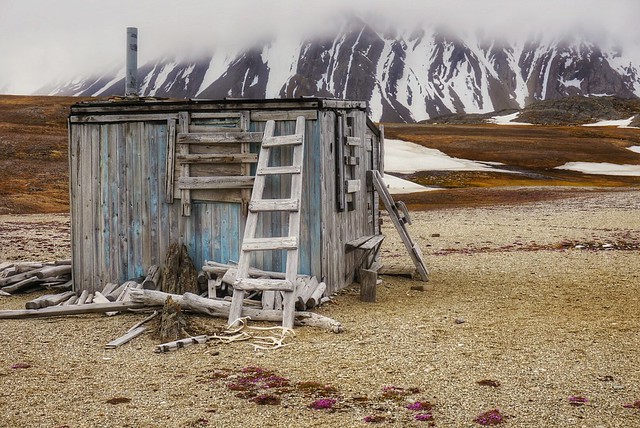
There are moments of mystery and hilarity; of seasickness and sadness; and of a water so bitingly cold that it burns like firecrackers against my skin.
And above all, there are Bob’s words which still ring around my head, when Eleanor mentioned that she still thought their decision to board that tiny Icelandic plane had been foolish.
“I never call anything foolish,” Bob explained, looking directly at me.
“I say it’s adventurous.”

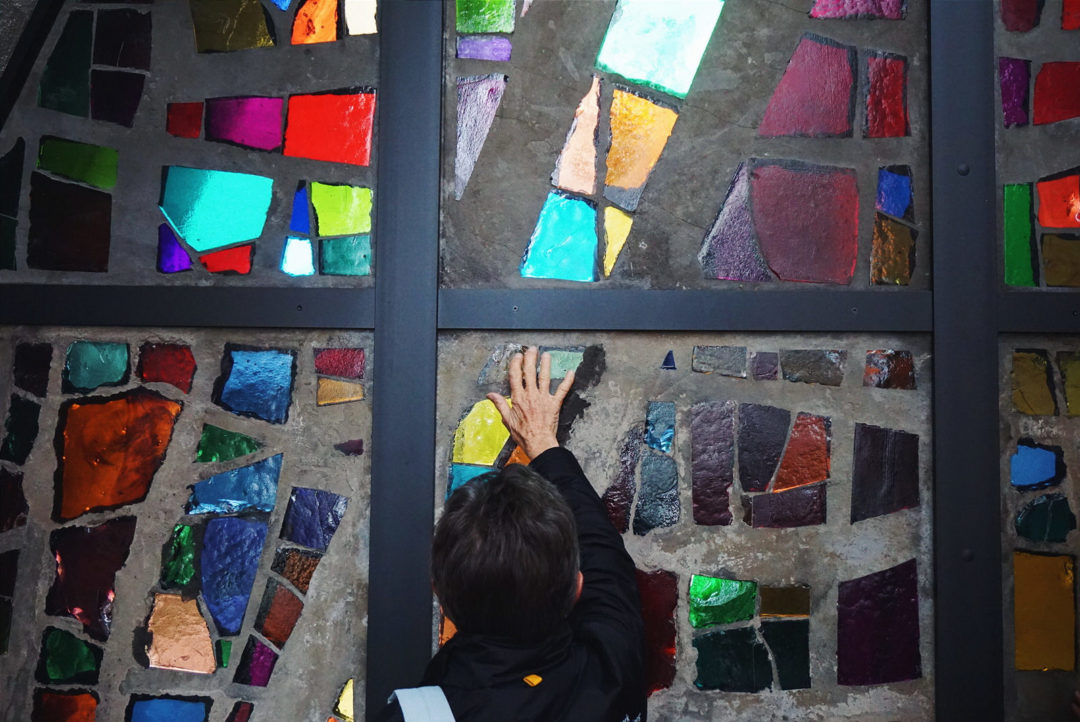
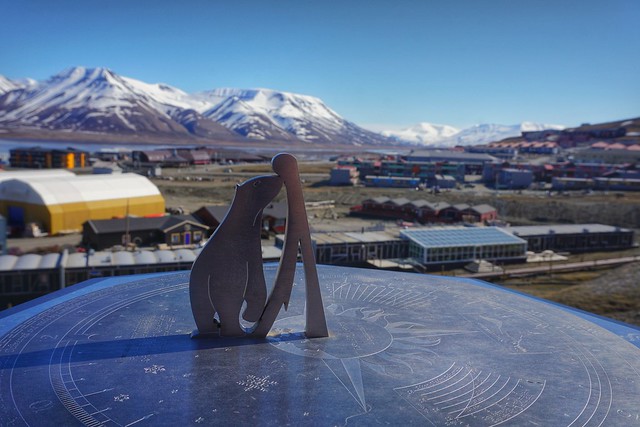
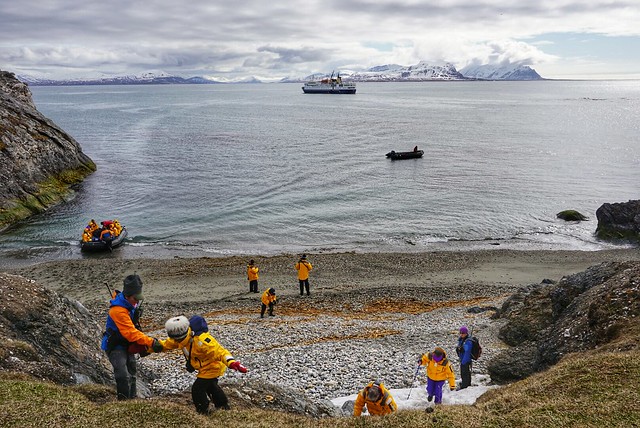
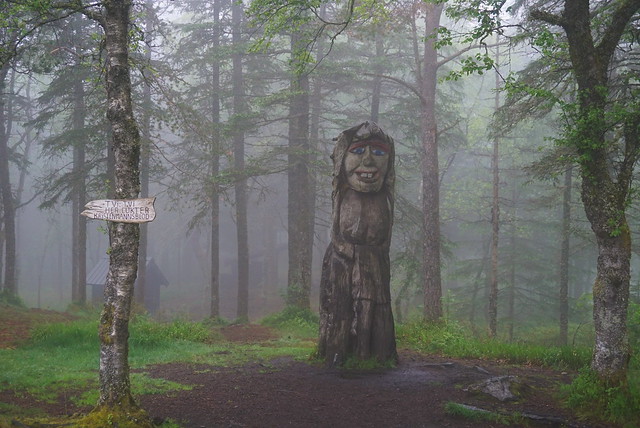
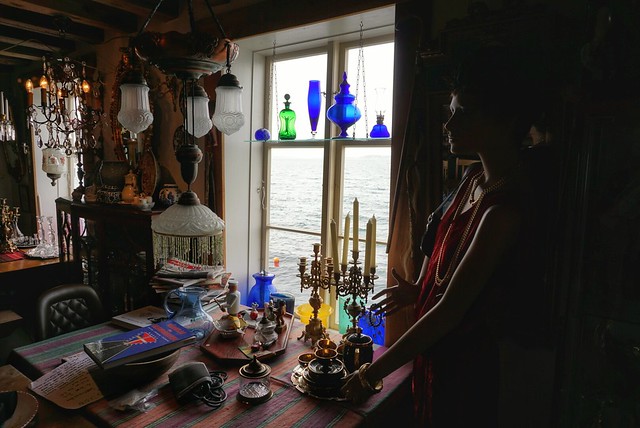
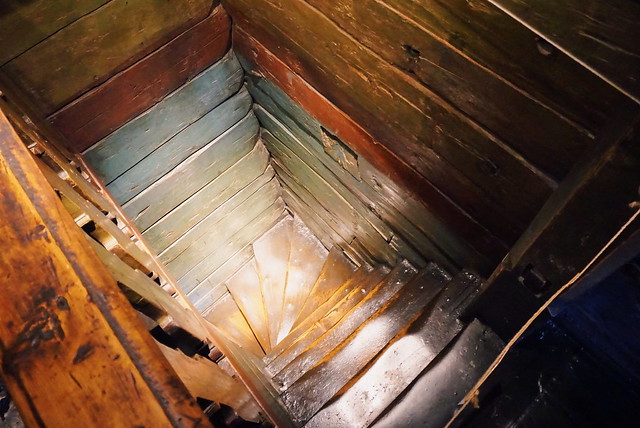
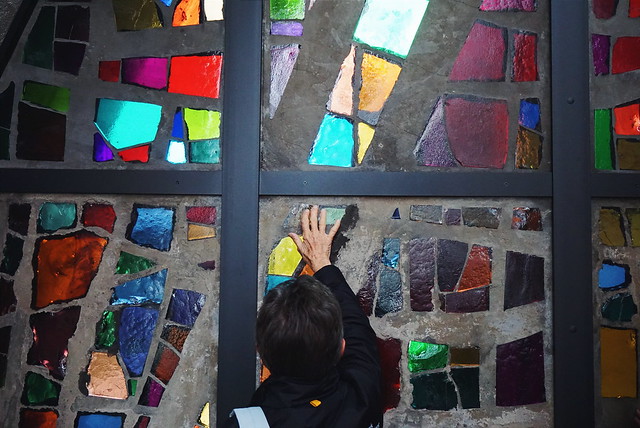
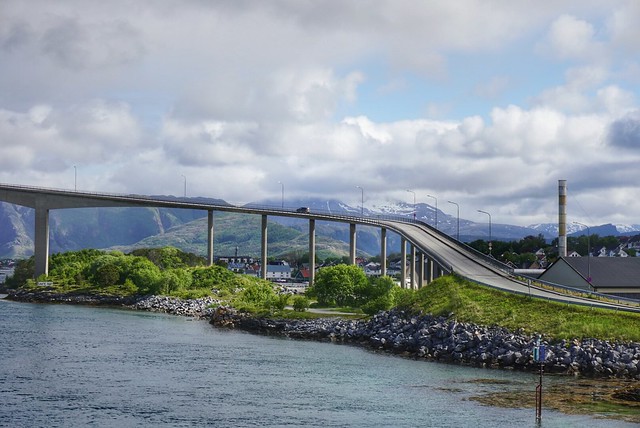
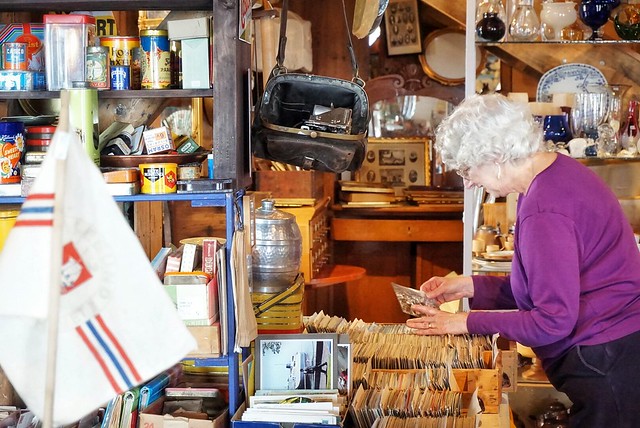
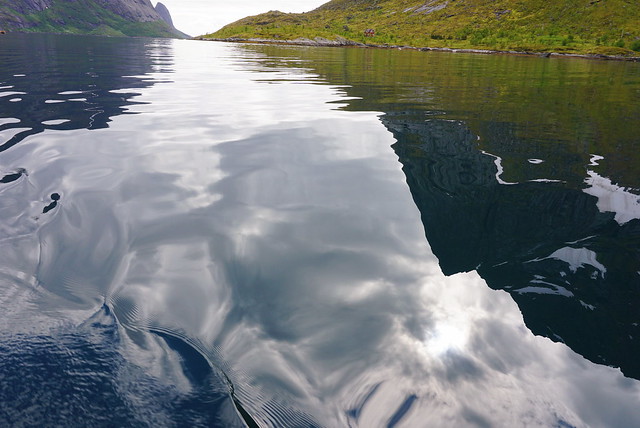
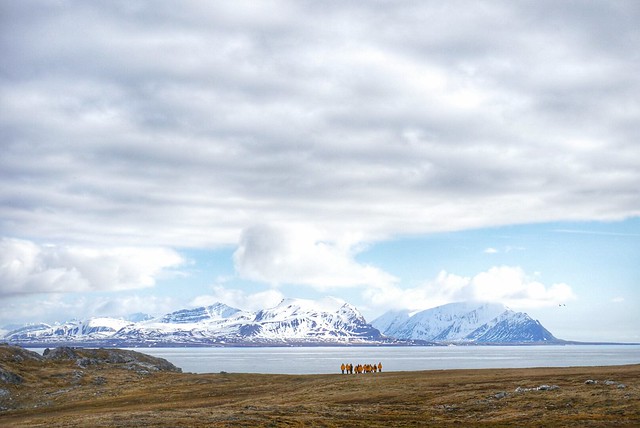
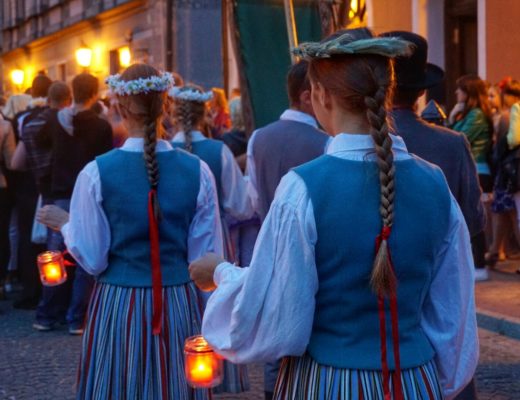
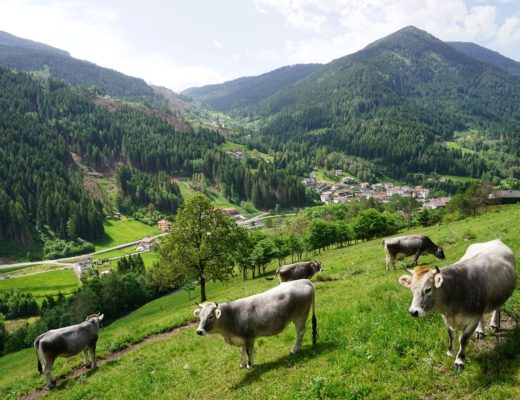
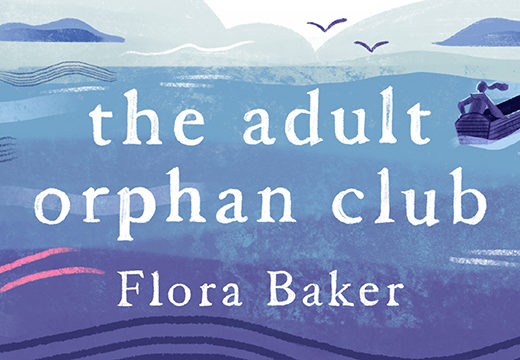
21 Comments
Amanda Williams
July 1, 2016 at 5:07 pmBob sounds pretty awesome. Do you ever feel like our generation’s ability to tell (and sometimes even listen to) stories has been ruined by things like social media? Bob sounds a lot like my boyfriend’s dad – he’s got this wealth of stories from when he was an international traveling salesman back in the 80s, and he tells them basically the exact same way every time I hear them. They are funny stories, and when I listen to them I often find myself thinking that I don’t tell stories that way. My friends don’t tell stories that way. And I have to admit that I’m jealous in a way! But I wonder if it’s a generational thing in many ways?
Flora
July 27, 2016 at 9:04 amI definitely think social media has made an impact on our storytelling (although I wish it was solely a positive effect!) – but I also hope it’s down to good, old fashioned practice to get those stories as polished as people like Bob and your boyfriend’s dad can tell!
Gary Cartzdafner
July 1, 2016 at 5:57 pmgreat photos as usual….the personal shipmates stories are a great angle but you should also expand on your personal views/experiences as it seems you plan to do….great mix
Flora
July 27, 2016 at 9:13 amThanks Gary! Rest assured, there are plenty of stories from my own perspective to come 🙂
eternalarrival
July 2, 2016 at 11:46 pmBeautiful post. There are so many people out there who just seem to be natural-born storytellers…. but maybe that’s just a result of lots of practice telling the same story to new audiences. For me, I have such a hard time verbally telling stories – I think it’s my writer’s brain, wanting more time and thinking how unfair it is that I have to speak off the cuff. Or maybe like Amanda says, it’s a function of our generational attention span breakdown…. either way, good on you for pursuing it, and I can’t wait to read more of your stories from the Arctic! It’s a gorgeous place.
Flora
July 27, 2016 at 9:17 amI know, it’s a weird feeling when you know the way you craft words on a page comes out completely differently to how you voice them out loud 🙂 Then again, it’s probably good to practice as a result!
Kate
July 3, 2016 at 8:56 amReally beautiful post! I can’t wait to read all of these stories and live vicariously!
Kate | http://www.petiteadventures.org/
Flora
July 3, 2016 at 4:49 pmThanks so much Kate! I’m excited to write the rest of my adventures 🙂
Flora
July 27, 2016 at 9:18 amThanks so much, Kate!
The Escape Diaries
July 4, 2016 at 8:29 amHey Flora! It’s really a good start! Can’t wait to read more… 🙂
Flora
July 27, 2016 at 9:18 amThank you 🙂
nikajane
July 5, 2016 at 2:27 amwow, I really like your adventure it’s kinda charming yet fascinating Norwegian coast. The picture itself speaks how beautiful it is. Thanks for sharing this. Keep up the good work.
Flora
July 27, 2016 at 9:20 amThanks Nikajane! It’s a gorgeous part of the world – hopefully I can do it justice with my writing 🙂
Morgan
July 7, 2016 at 12:36 amYou are literally such an amazing human being! One of those people who I aspire to be like for sure! I cant wait to see your next adventures! Also you are such an amazing story teller, when I finish reading a post you make me want to go conquer the world! Be Amazing
Flora
July 27, 2016 at 9:43 amMorgan! That’s such a lovely thing to say – thank you so much 🙂 I hope you’re being an amazing human too!
Mai Nomura
July 11, 2016 at 5:12 amGreat article! I love how you elaborate your very long journey of blogging! Keep it up!
Flora
July 27, 2016 at 9:43 amThanks Mai 🙂
Nina Lee: World into Words
July 12, 2016 at 8:34 pmWow, this is incredible. I think in your honesty to pursue better storytelling you are already becoming a better storyteller, if that’s even possible! Thanks for continuing to share your stories and others and connecting us around the world whether we are there or not!
Flora
September 7, 2016 at 11:02 pmThanks so much for your lovely comment, Nina – I’m so glad you feel connected to the world I’m writing about!
Kriysti
July 27, 2016 at 1:05 pmWow…You explains superb & your information is useful. all pictures are wonderful
Flora
July 28, 2017 at 3:18 pmThanks Kriysti!